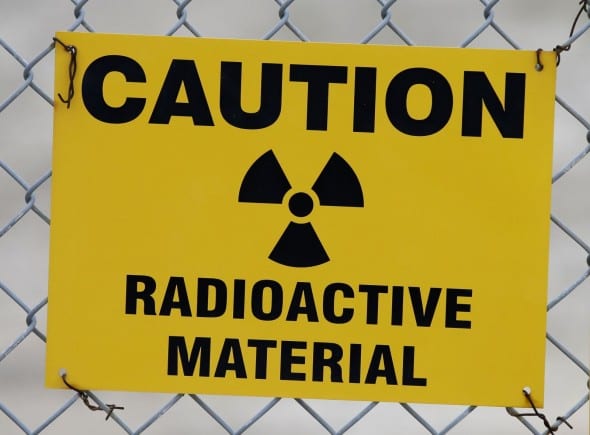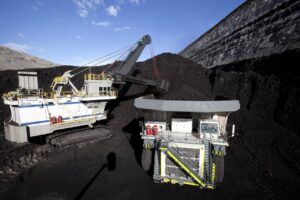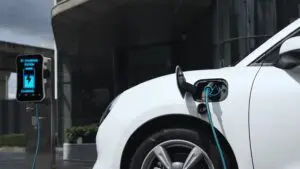The increasingly shaky economics of the nuclear energy industry have been highlighted by The Australia Institute, in a report analysing the South Australia nuclear royal commission’s claim that building a nuclear waste dump in the state would yield a net benefit of $51 billion.

The report, released publicly on Tuesday, concludes that while building a nuclear waste dump in South Australia would certainly benefit international nuclear power companies, any economic benefit to the state has been overstated and comes with major risks.
TAI says that the financial case for the project – put forward by Jacobs MCM – paints “an optimistic picture,” with $257 billion in projected revenue, and $145 billion in costs.
But the report warns that the proposal must be viewed in the right context – against a background of decreasing economic competitiveness for nuclear power generation, and where – as Jacobs put it – the ‘back end’ is estimated to make up some 25 per cent of the overall fuel cycle cost.
“This project is not about solving existing nuclear waste problems,” TAI’s report says, “it is about facilitating more nuclear energy and more nuclear waste in the future.

“Nuclear companies are anxious to reduce financing and other costs, as nuclear power is already uncompetitive with most other generation technologies,” it says (see Figure 1, above). And this is not expected to improve. The Australian government’s own forecast has predicted that by 2030 renewable energy with storage will likely be cheaper than nuclear in almost all circumstances (see chart below).
“Figure 2 shows that all wind, solar and supercritical coal generation are expected to be considerably cheaper than nuclear energy by 2030. As nuclear energy will be uncompetitive in almost all situations by 2030, the nuclear industry is anxious to reduce costs and commence as many projects as possible while this technology can still be competitive,” the report says.

“If any other industry said ‘start building us $145 billion worth of infrastructure, it will take 120 years to finish, we’ll start paying you in ten years, trust us’, they’d be laughed out of town,” said TAI’s Richard Denniss in Adelaide at the launch of the report.
“This economic viability of this proposal for an underground nuclear waste dump is based on storing nuclear waste above ground for over 80 years. As solar, wind and battery storage get cheaper the chances of the nuclear industry being around in 50 years’ time to pay for expensive waste disposal is getting smaller and smaller.
Denniss notes that the Jacobs assessment also assumes other countries will pay South Australia “a staggering” $1.75 million per tonne to store their waste.
“This estimate is based on some heroic assumptions,” Dennis said. “They literally assume that poor countries like Ghana, Nigeria, Vietnam and Bangladesh will not only develop nuclear power, but will pay more to get rid of the waste than rich countries like Sweden, the USA and Switzerland.”
“Perhaps the strangest part of the economic assessment is the assumption that no one will compete with South Australia for such huge revenues,” he adds.
“China, Russia, Ukraine, Kazakhstan and South Africa are all potential competitors, to say nothing of Western Australia, Northern Territory, Queensland, New South Wales and Victoria, yet the consultants give no consideration of this impact on price.”
Denniss points to the example here, used by Jacobs, that the Ukraine “lacks sufficient storage options” to build a facility in the region.
“On the contrary,” he adds, “they are building a storage facility at the best place in the world for one – the radioactive site of the Chernobyl disaster.
“When it comes to economic modelling such as this it is important to remember that the conclusions of a consultants report are only as good as its assumptions.
“Even if the optimistic assumptions come to pass, the new revenue from the nuclear waste dump would lead to South Australia getting less money from the GST. That’s how the system works but the Royal Commission has ignored it,” he said.
“South Australia has heard the promises of the nuclear industry for over 100 years, since Radium Hill was discovered. It’s about time the state realised its future lies in investing in its people’s education and health and its booming renewable energy sector and not in the self-interested promises of the nuclear industry.”








